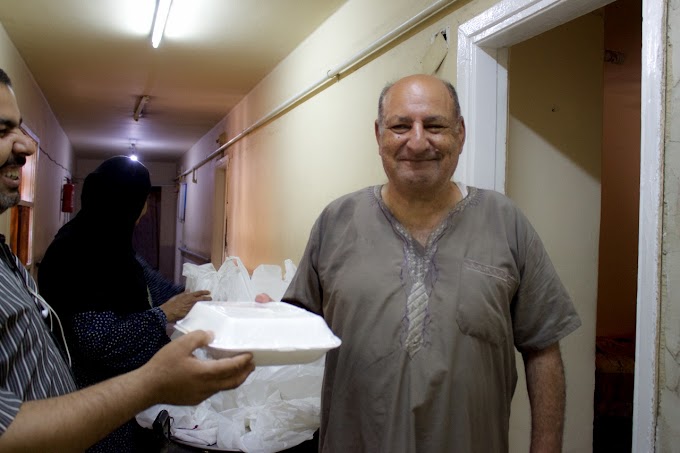We frequently discuss how grocery shops often have surplus food and how much of it ends up in the trash. Over-ordering, changing customer preferences, low demand for an item, bad weather resulting in lower foot traffic in stores, and other factors can all contribute to a surplus.
Grocery stores try hard to avoid surplus, although it does happen from time to time.
And this is where Tekeya comes in.
But, why don't stores simply donate the excess to food banks, charities, and homeless shelters?
It appears to be a simple solution. Stores are filled with perfectly good, delicious, healthy food, and there are plenty of people who need it. So, why aren't they doing it?
There are a few causes for this, as well as some things to be aware of. Here's what they're all about:
Some donate already
Many stores donate to local groups, even if it isn't necessarily surplus food. Many groceries, for example, give food to charity in their towns. Some businesses collaborate with local breakfast programs to ensure that students arrive at school with full tummies, while others collaborate with local food banks or community kitchens to give warm, nutritious meals to those in need.
Transportation is expensive
Leaving aside the difficulties of getting items from point A to point B, which may be a headache in and of itself, the expenses of transportation typically outweigh the advantages for many charitable organizations. Most grocery stores only have a few surplus products to unload on a daily basis, and the expense of arranging transportation (both in terms of money and effort) is just too expensive.
Quantities do matter
Quantities do matter when it comes to charitable organizations that try to feed people. They usually have to prepare large quantities of food in order to serve dozens, if not hundreds, of people in a single day. Every day, these groups witness the realities of hunger and would want to be able to aid with every ounce of food available.
Fear of Liability
Because they don't want to be held accountable if someone gets sick from their donated food, many grocery stores, and restaurants don't give away their surplus food.
The fact is that a grocery store is a business that has to make money in order to function. As a result, it must consider how to make the most use of its resources, which include its employees. With that in mind, it's difficult for a grocery store to justify the time spent on anything other than selling, well goods.
Stores have implemented methods to reduce food waste, such as better purchasing and operational processes and a shorter supply chain to keep food fresher for a longer time. Other stores are more likely to donate money to charities. The need to become more efficient is a developing trend in the supermarket sector; they understand that there must be a more organized and effective strategy to prevent food waste. With new technologies like Tekeya, this will definitely change.
What can you do as a consumer?
Food waste and surplus food occur at all stages of the food supply chain. It's not just supermarkets. Grocery stores, on the other hand, are doing a lot to not just reduce waste but also help feed hungry people. We can contribute by using Tekeya as much as possible, supporting in-store activities to support local charities, you can easily donate the store’s surplus food from our Tekeya application and we’ll deliver these food items to charities and people in need.





0 Comments